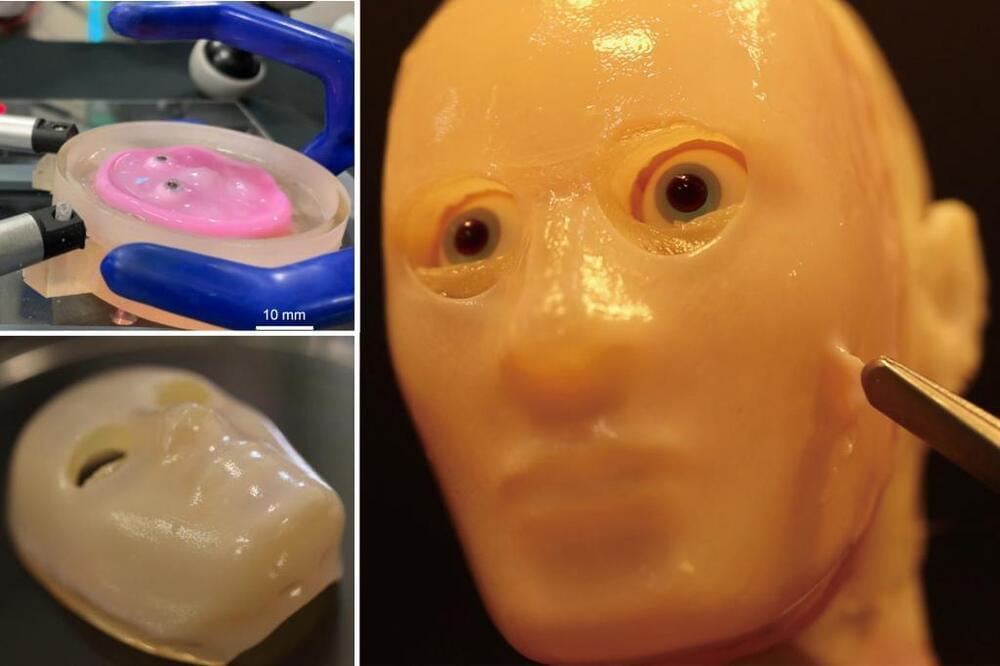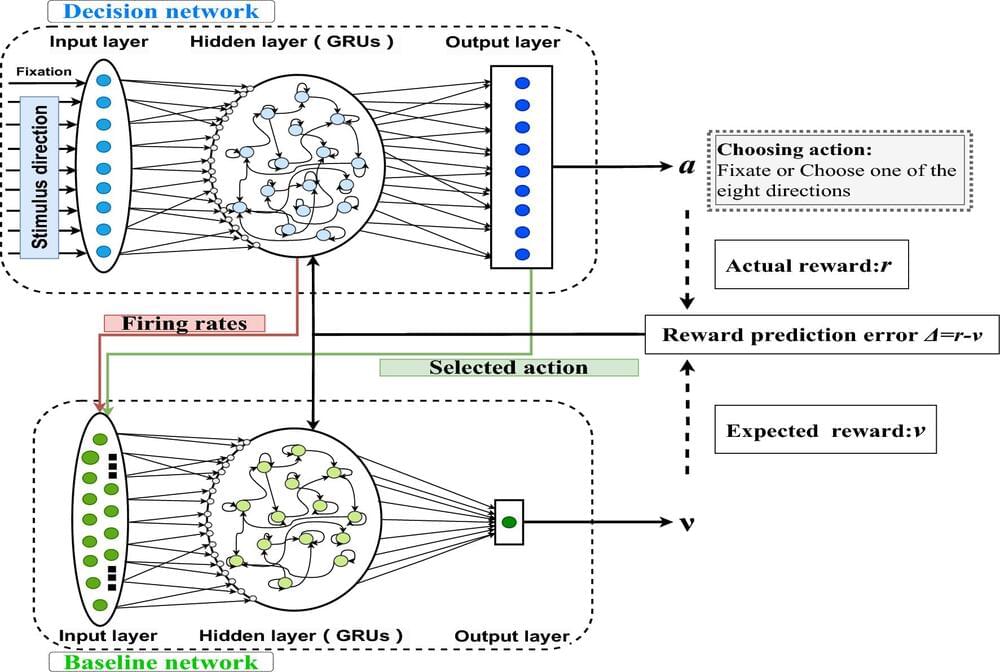It is this foundation that AI is now disrupting, providing the none-expert with expert like qualities. But this progression is a fallacy. If we let a junior in a consulting firm, for example, use tools to create presentations that are better than what she could produce on her own, are we teaching her anything? Could she repeat the results with a paper and with a pen? How will she gain the needed knowledge, critical thinking, and expertise if creates or assists the work? It’s all very well that engineers can prompt the code they need, but does this make them good engineers?
The trend of heavily relying on AI automation to complete tasks is the face of the future. Its here to stay. But there is a challenge we must acknowledge. We need to bridge two extremes. On one extreme is the irresistible temptation to benefit as much as possible from the automation AI provides. On the other extreme is the need to let our employees battle through their work themselves so they improve their skills and grow to become the experts their industry needs. How can we do one without losing the other?
This article is not a rant aimed at stopping the progress of technology. There is no stopping it; we can only join it. The challenge is how to build experts and expertise in an AI-generated world. How can we benefit from the optimizations AI can provide without forgetting how to build boats, aqueducts, or manufacture paper if we want to learn from the experience of the Portuguese, the Romans, and the Chinese? The challenge is not this or that but this and that. We want to benefit from AI, and we need to build a generation of new experts. But how do we connect these two dots?






